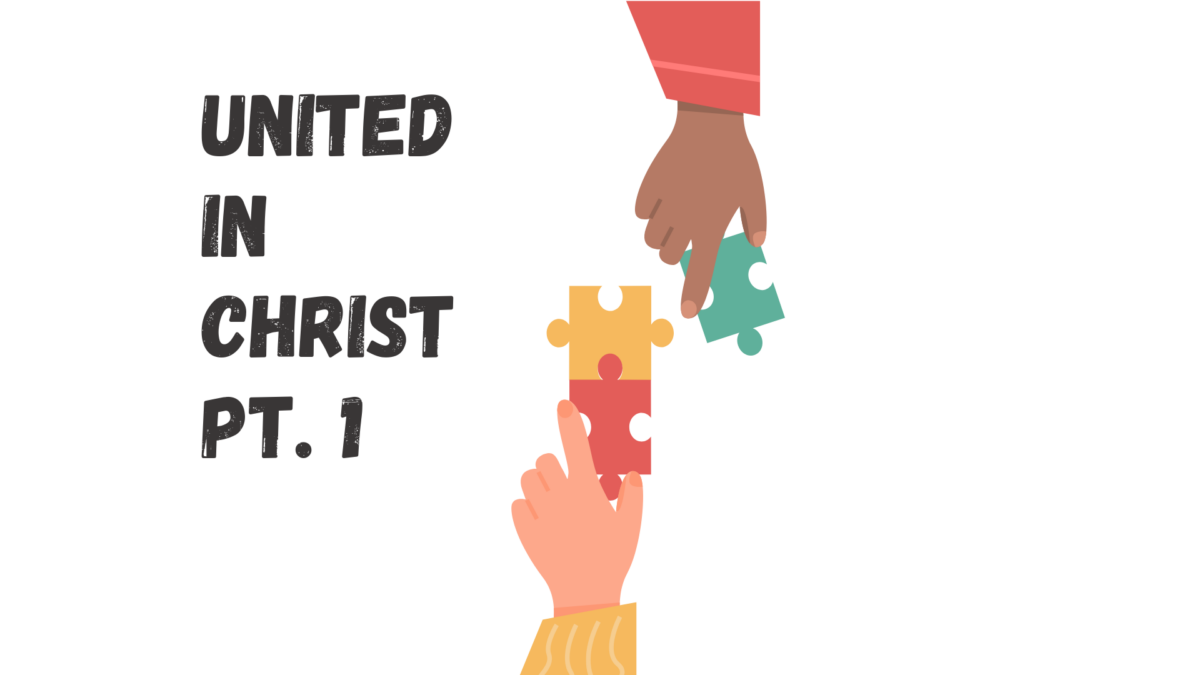Date Night
The other night, Alli and I had an interesting dining experience with a waitress who had a knack for making quirky comments and suggesting things without giving us a chance to decide for ourselves. We exchanged glances and concluded that she was somewhat peculiar. It reminded me of something – I was preparing to deliver a sermon on being judgmental. What unfolded next shouldn’t come as a surprise, as it’s something we’ve all encountered and possibly even said. Alli chimed in, saying, “We weren’t really judging her, just making observations.” This got me thinking. Who determines what’s weird or normal? Who sets the unwritten rules of restaurant etiquette? Maybe that waitress returned to the kitchen and told her friends, “I’ve got this weird couple out there, so stuck up and lame.”
The Urge to Label
Why do we feel compelled to categorize and divide people based on our perceptions? Whether it’s the rich looking down on the poor or vice versa, working mothers unable to comprehend stay-at-home moms or vice versa, or the contrasting attitudes towards personal appearance, we all have our biases. We scrutinize and label others, finding fault or superiority in their choices and behaviors. But who are we to determine these distinctions?
The Threat of Divisions
Distinctions are inevitable because we are all unique individuals. However, these divisions pose a grave threat to the gospel culture within our churches. God has a far greater plan for us – He calls us a family, united in Christ. Each member is indispensable to the next, forming a unified body. We share one Lord, one faith, one baptism, one Holy Spirit, and together, we constitute the bride of Christ. So, we must address the questions:
Questions: How can we confront the distinctions within the church family that fuel favoritism and judgmentalism? How can we actively pursue the unity that Jesus sacrificed Himself for? How do we embrace our identity as the body of Christ, ensuring that our differences fade away and the focus shifts entirely to knowing Jesus and making Him the center of our lives?
Answer: According to James 2:1-13 the gospel has the power to obliterate the distinctions among us that lead to favoritism and judgment. It unifies us in acknowledging our shared sinfulness and salvation. James 2:1-13 creates in us a desire to yearn after becoming who God is shaping us to be. It shapes our hearts to long for our churches to press forward, representing the eternal Kingdom of God where Christ is everything.
The Plan
The inherent human tendency to judge and categorize others inhibits the unity and acceptance God intends for His church. However, by understanding the transformative message of the gospel, we can break free from the divisions fueled by favoritism and judgmentalism. By recognizing our shared sinfulness and salvation, God can create an environment where unity prevails. Over the next few weeks we will plan to explore James 2:1-13 considering how the gospel unifies us.


